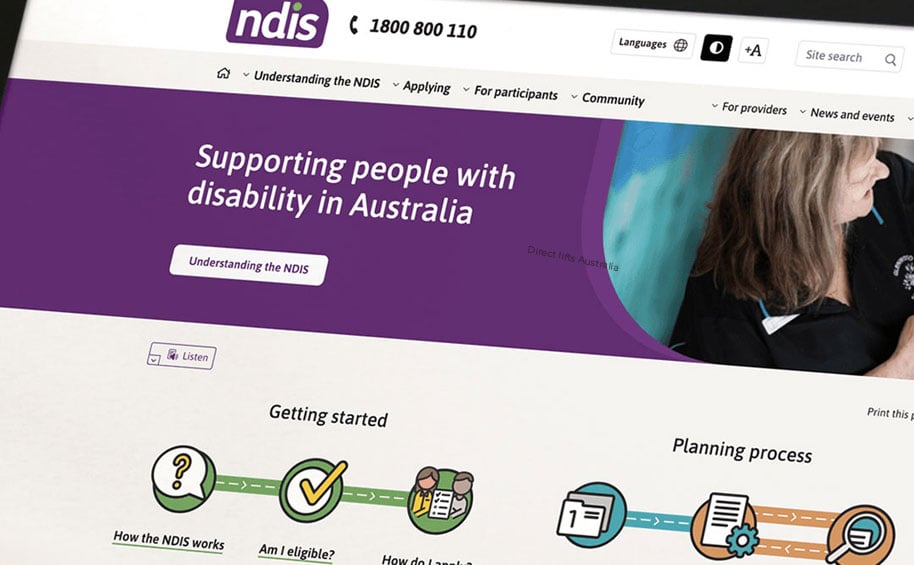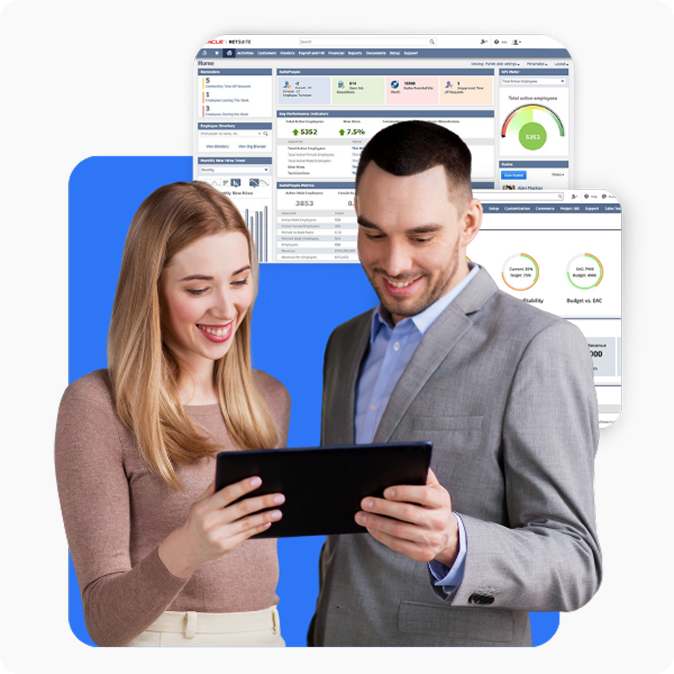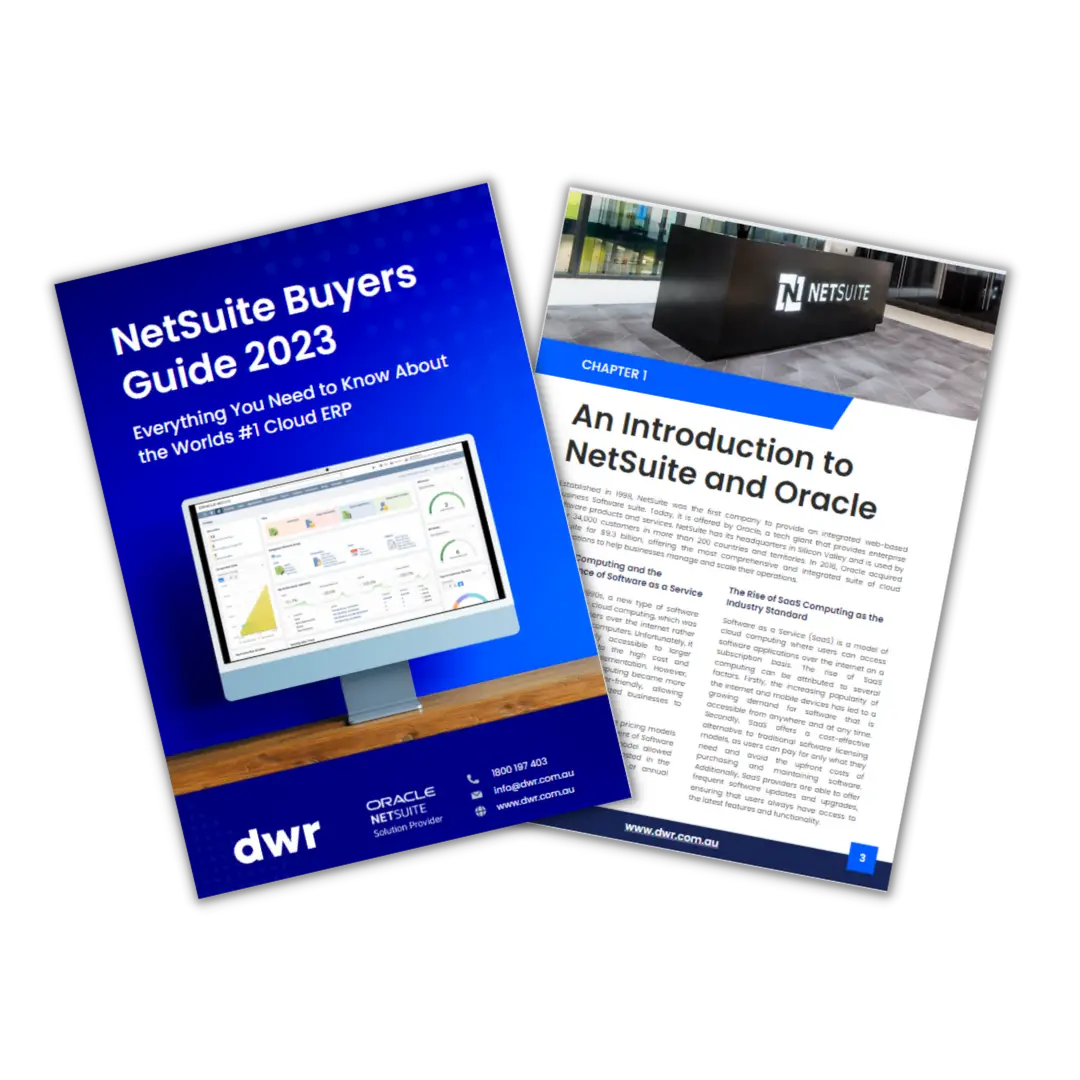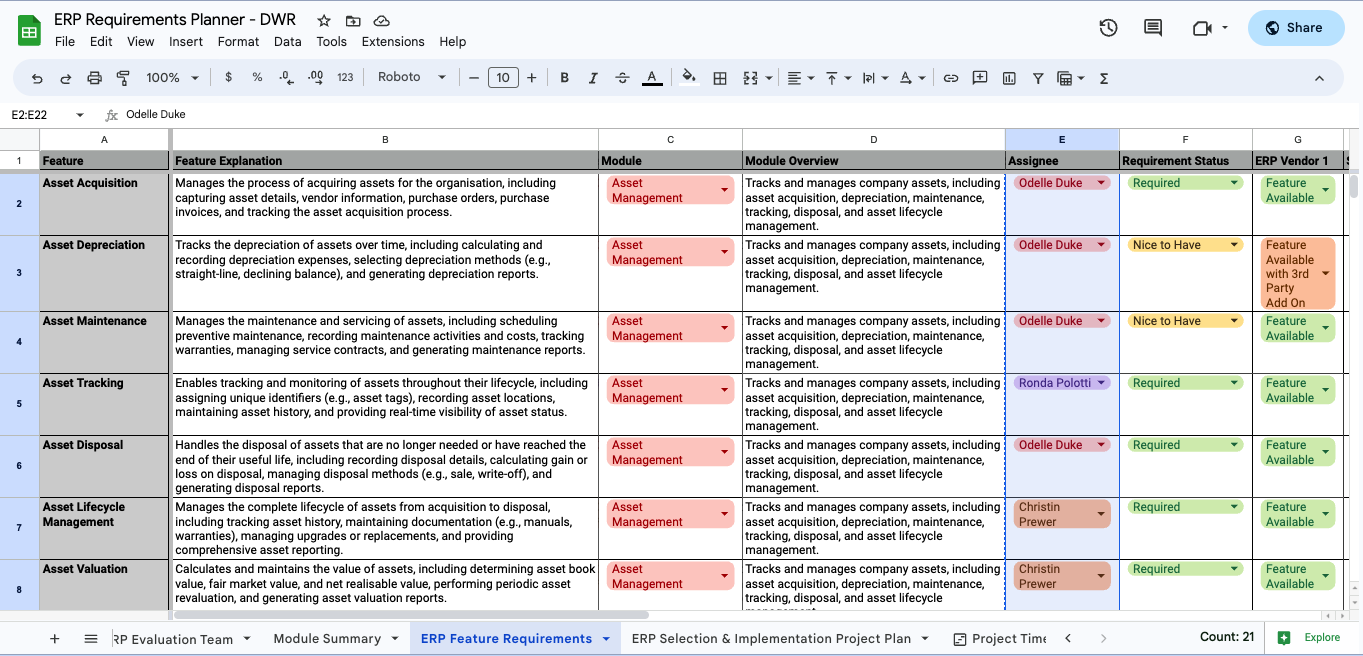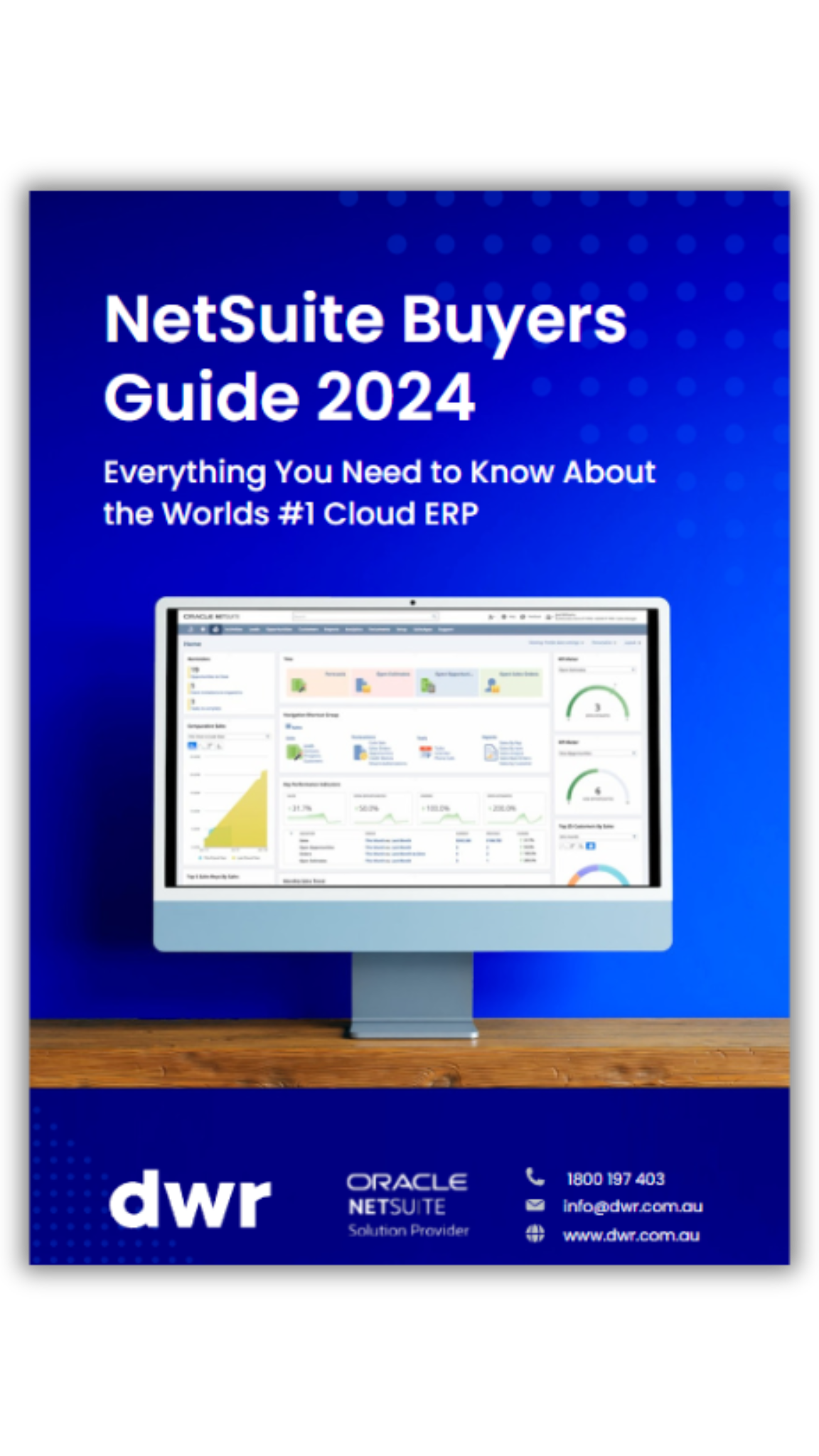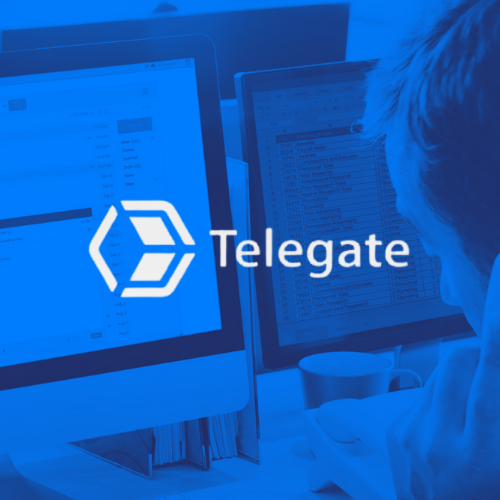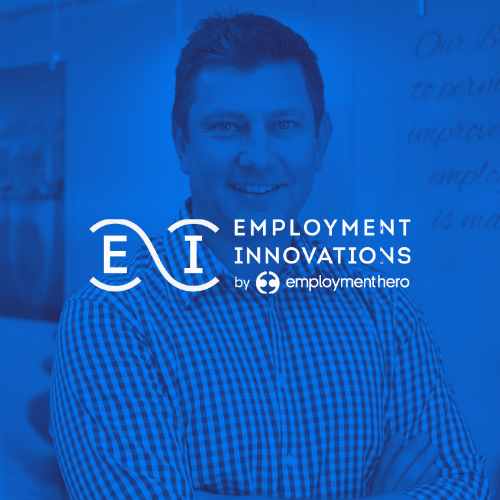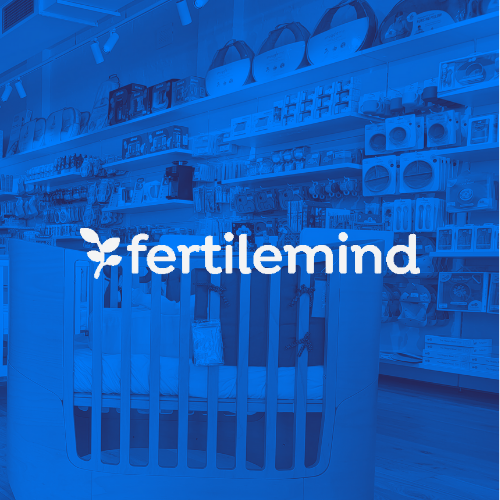Global search and social media advertising rose by an average of 45% in the 2021 financial year, as reported by Mi3. Cost increases aren’t limited to digital advertising either. As inflation creeps up, so do wage expectations. And with ongoing supply chain issues and climbing fuel costs, event budgets are also rising. With factors across the board contributing to higher cost of customer acquisition (COCA), you want to be sure that leads are turning into paying customers. It’s also critical to ensure your customer retention stays high to keep your customer lifetime value (CLV) healthy. So how can you increase lead conversion while also boosting? It all comes down to experience. Customer experience, that is.
When you get the customer experience right from the outset, you stand to boost acquisition and retention. By focusing on the experience, you can also increase CLV. For example, Emplifi shows that 61% of buyers would pay at least 5% more if they knew they would receive an outstanding customer experience. To nail the customer experience throughout the buyer lifecycle, from lead to customer advocacy, you need the right platform and processes. With CRM software, you can:
- Target the right leads with the most relevant messaging.
- Have value-driven conversations.
- Better understand which potential and existing customers need focus.
- Drive alignment between your sales, marketing, and customer service teams.
- More effectively turn acquisition into long-term customer retention.
Before diving into 9 ways a CRM system will boost your customer acquisition and retention strategies, here’s a quick overview of what CRM means.
What is CRM Software?
CRM stands for Customer Relationship Management, but it could also be described as an experience management system. Three essential aspects of customer experience management include information, integration, and organisation. A CRM system helps you log, track and consolidate all lead, prospect, and customer information. That data is made available to all stakeholders, who can then use the information to support and improve the buyer journey.
By integrating all data into one system, sales reps can leverage buying signals from multiple channels and explore cross-sell and upsell opportunities. In addition, feedback from sales and customer service managed in your CRM can deliver greater insights into the end-to-end customer experience, helping refine marketing campaigns and drive higher retention. CRM software also keeps your teams highly organised with tasks, reminders, calendar entries, and more. With integrated information forming a 360-degree view of leads, prospects, and customers, CRM ensures that relevant, targeted customer interactions are organised and happening at the optimal times. So how can CRM software improve customer acquisition and retention?
1 - Understanding your perfect customers
Before you even acquire a new lead, you need to have the correct targeting in place. Not every contact has a need for your products or services; and for those who do, it may not be the right time or the right fit. When your targeting is aligned with your ideal customers, however, you’ll dramatically increase the chance of doing business with them. With a CRM system to log, track and consolidate customer data, you can gain valuable insights that help you target potential new customers much more effectively. For example, what do your existing customers look like? Why did they purchase from your company? And can they be sorted into categories that will help you target them in groups, such as age, geography, and interests? These types of data help you understand your perfect customers and how to segment your communications to potential new customers.
2 - Relevancy and value
As Gartner reports, an astounding 43% of B2B customers say they prefer not to interact with a sales rep at all. Almost half of your revenue generation pool wants to navigate the buyer journey alone. But what if you could ensure sales reps are always reaching out to leads, prospects, and customers with highly-targeted information based on individual needs, preferences, and stage of the buyer journey? What if every rep called customers about a recent webinar your customer attended or promotion for products they’ve shown great interest in, rather than trying to push an unrelated sale? The approach can change the conversation - and the outcome. A single source of truth can empower sales reps with more informed, targeted conversations. By leveraging the integrated customer data that CRM collects and organises, you stand to see more customers answer your sales calls and messages - because they know the conversation will be relevant and valuable to them.
“Every time I place a call to a potential customer, I’m thinking about how I can add value to them. With the insights and organisation of data in NetSuite CRM, I know what's most important. And that lets me connect with people on a whole new level.”
- Michael Hart, Business Development Executive at DWR.
3 - Proactively answering sales questions
Sales teams have a lot of conversations and inherently collect a lot of information about potential and existing customers. If that data only stays in the salesperson’s brain, however, you lose the ability for everyone to better anticipate what customers need. Your CRM software will help log, categorise, and view customer pain points, common queries, and recurring questions when set up correctly. You can then ready your sales teams with answers through analysis of that data - before the next lead or prospect has even asked the question. What better way to build confidence in your company right from the initial sales pitch? As part of your CRM setup, also define how your teams will use it. The technology partner you work with to implement your CRM solution can customise the system to your current or desired processes. Give your sales team the tools to easily log, track and review the data you’re collecting on all your potential and new customers.
4 - Tailoring your communications
It’s not just sales teams that stand to understand customers at a deeper level using CRM. With a system that includes marketing automation and analysis, you can measure the most effective campaigns. You can also tailor communications to what’s important to each customer category by further segmenting your audiences. Whether you’re marketing to leads about new product offerings or to customers who may be interested in upsells or cross-sells, keeping your communications targeted is sure to see much higher engagement.
A CRM solution like Get your in-depth CRM business guide with detail about: ✔️ The 7 signs your business needs a CRM now. ✔️ Managing leads, pipeline, and forecasting more effectively. ✔️ How sales teams can improve the customer experience and boost revenue. And a lot more to uncover. Download your in-depth CRM guide now. is fully-integrated as part of its ERP platform. This includes consolidated information and functionality across sales, marketing, finance, inventory, customer service, and more.
5 - Process automation to sell more with less effort
Your processes are just as important as the platform in making your CRM solution a success. By automating lead management (including lead scoring) functions, you’ll build consistency, save time, and develop more significant insights. It’s vital to focus efforts on the leads most likely to result in new business. Think about how you score and assign leads right now. CRM software streamlines these processes and, depending on the setup by your technology partner, can score every new lead based on predefined criteria and assign them directly to sales reps based on round-robin, sales territories, and more. Sales rep follow-up time on new leads is also critical. A Harvard Business Review study, for instance, found that companies contacting potential customers within an hour of receiving a query were 7x more likely to qualify the lead. With your CRM system automatically routing new leads to sales reps and notifying them immediately, they can take fast action and increase their chances of closing the sale. Nurturing those leads can also be automated with marketing campaigns, tailored to each buyer journey stage. Even sales follow-up activity can be automated post-campaign or manually scheduled to initiate highly-relevant discussions based on your marketing offers and content. CRM software can enable effective lead scoring to make sense of lead data and prioritise sales activity. In addition, automation of targeted campaigns with sales follow-up triggers ensures your potential new customers have great experiences, right from the start, with relevant, personalised communications across all marketing and sales touchpoints.
6 - Progressing your pipeline
When your sales team is prospecting their leads database, they need adequate background and detail about those leads to have conversations that connect. Pay close attention to how your sales reps are accessing lead information (and how much time it takes them). Do you have a system for centralising lead data across marketing and sales teams? A CRM system empowers sales reps with a complete view of lead and prospect information. Teams store all prospect data in one place so it can be quickly accessed and leveraged when needed. With the system and processes in place to effectively organise prospect data, reps can spend more time generating pipeline. Using a CRM, you’ll also be able to make better predictions about your pipeline activity. For example, with standard classifications for the likelihood of deal success, a CRM can give you weighted sales predictions based on more accurate pipeline data. These automatic calculations make predicting sales outcomes faster, easier, and far more accurate.
7 - Staying on track while sealing the cracks
Your teams need to be highly organised to ensure valuable communications are happening at the correct times. CRM software helps your sales, marketing, and customer service people stay on track with tasks, reminders, calendar entries, and more. Additionally, sales process automation takes the hard work out of organising follow-up tasks and progress reporting. With shared calendar views and dashboards with automatically updated KPIs and reminders, sales spend less time chasing information and more time selling. Even more critically, everyone has a live view of leads, prospects, and customers to understand which contacts are at which stage of the buyer lifecycle - and the most recent actions that have been taken. A CRM system like NetSuite provides full tracking on every interaction and automates follow-up tasks and reminders to ensure nothing ever falls through the cracks.
“Providing an excellent customer experience is paramount for our business. So having a central source of information I can trust, across all customer touchpoints, is truly invaluable. At any time, I know how we're performing and what the team needs to focus on. I can see it all in real-time on my NetSuite CRM dashboard view.”
- Tiernan O'Connor, Director of Customer Engagement at DWR.
8 - Turning acquisition into long-term retention
It’s critical to understand your new customers - what their buyer journey was like and what could be improved in future. As part of the customer acquisition and onboarding process, consider customer surveys, introductions to account managers, or regular customer service check-ins to ensure your new customers have the best experience possible. Automation of new customer communications can save you significant time while ensuring your customers are sent the information they need about your company. Whether this is a simple “how to contact us” email, links to knowledge base articles, or suggestions of complementary products and services, staying in contact with new customers can help turn them into long-term advocates.
9 - Continuously improving the customer experience
A Qualtrics survey of 1,292 executives from Australia, Canada, France, Germany, Japan, Singapore, U.K., and U.S., found that a staggering 89% of companies leading with customer experience performed financially better than their competitors. That’s why it’s vital to keep improving the experience. It may sound like a lot to get a handle on. After all, experience applies to every touchpoint your customer has with your company. However, with one system tracking all interactions from lead to customer advocate, you can make sense of your important customer data and understand what’s working (or not working) at each stage of the buyer journey. CRM software can help you analyse and understand your customers’ experiences. Then, you can use that data to inform decisions on how to adjust products, services, and processes around engaging with customers. To consistently grow revenue, you need to continuously improve the customer experience. Ensure you have the platform and the processes to do exactly that.
Taking the next step
With many external factors contributing to higher cost of customer acquisition (COCA), it’s more important than ever to target the right leads with the right conversations to increase conversion. It’s also essential that customer retention stays high for a healthy customer lifetime value (CLV) and higher profitability. To boost customer acquisition retention, focus on providing an outstanding customer experience at every touchpoint. A CRM system is the platform to support your efforts, keep you on track, and bring greater understanding of your customers. When implemented by experts, optimised processes and automation will also help you realise ROI faster and do more with less effort. To take the next step and understand if a CRM system is right for your business, organise your quick Q&A session with a CRM expert.
Why CRM Software Is Vital to Your Revenue Generation Strategy
Get your in-depth CRM business guide with detail about: ✔️ The 7 signs your business needs a CRM now. ✔️ Managing leads, pipeline, and forecasting more effectively. ✔️ How sales teams can improve the customer experience and boost revenue. And a lot more to uncover. Download your in-depth CRM guide now.
See our brief video overview of NetSuite CRM functionality
This quick NetSuite CRM video overview details how to empower your sales team to sell more.
.svg)



.avif)
















